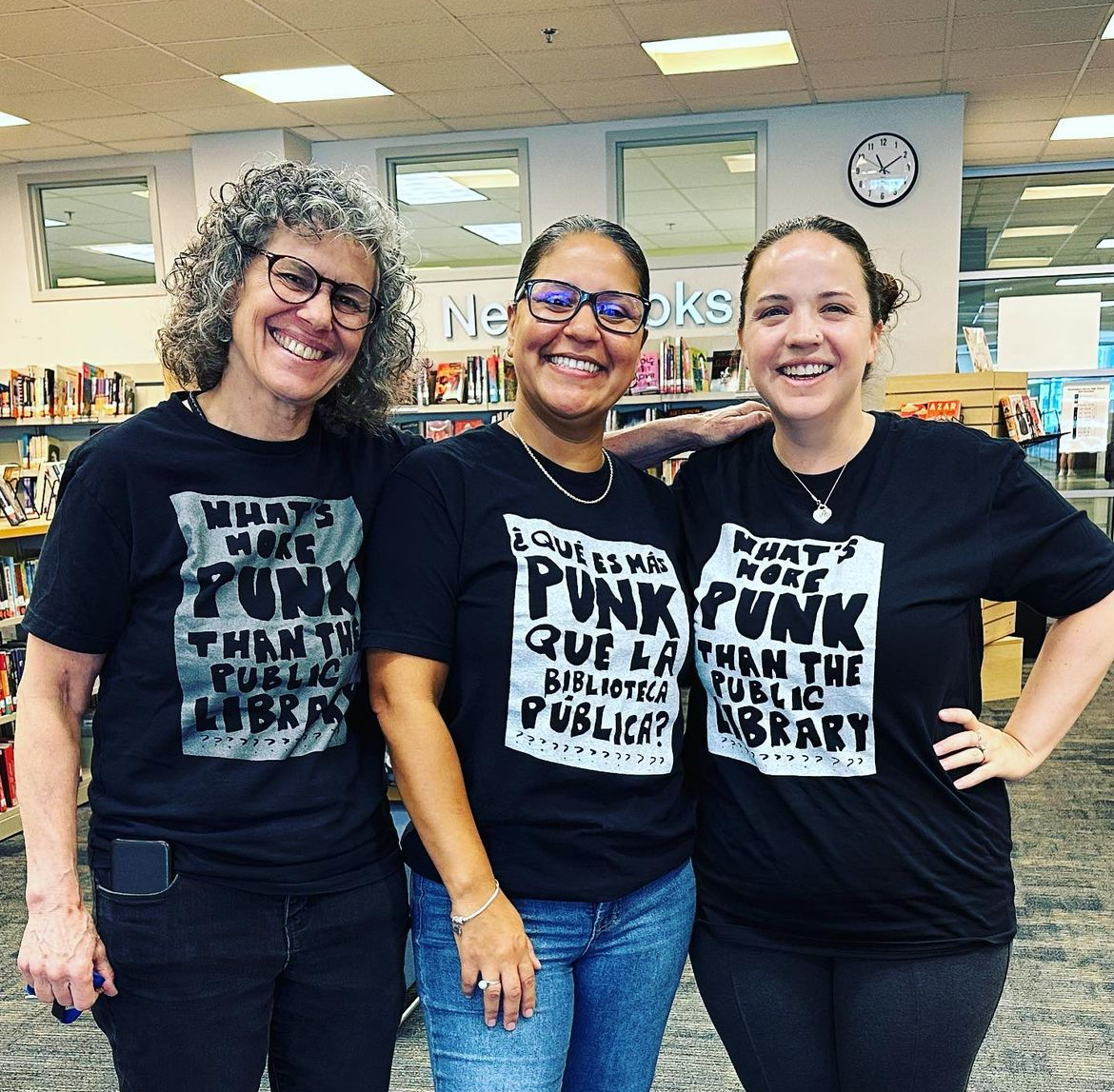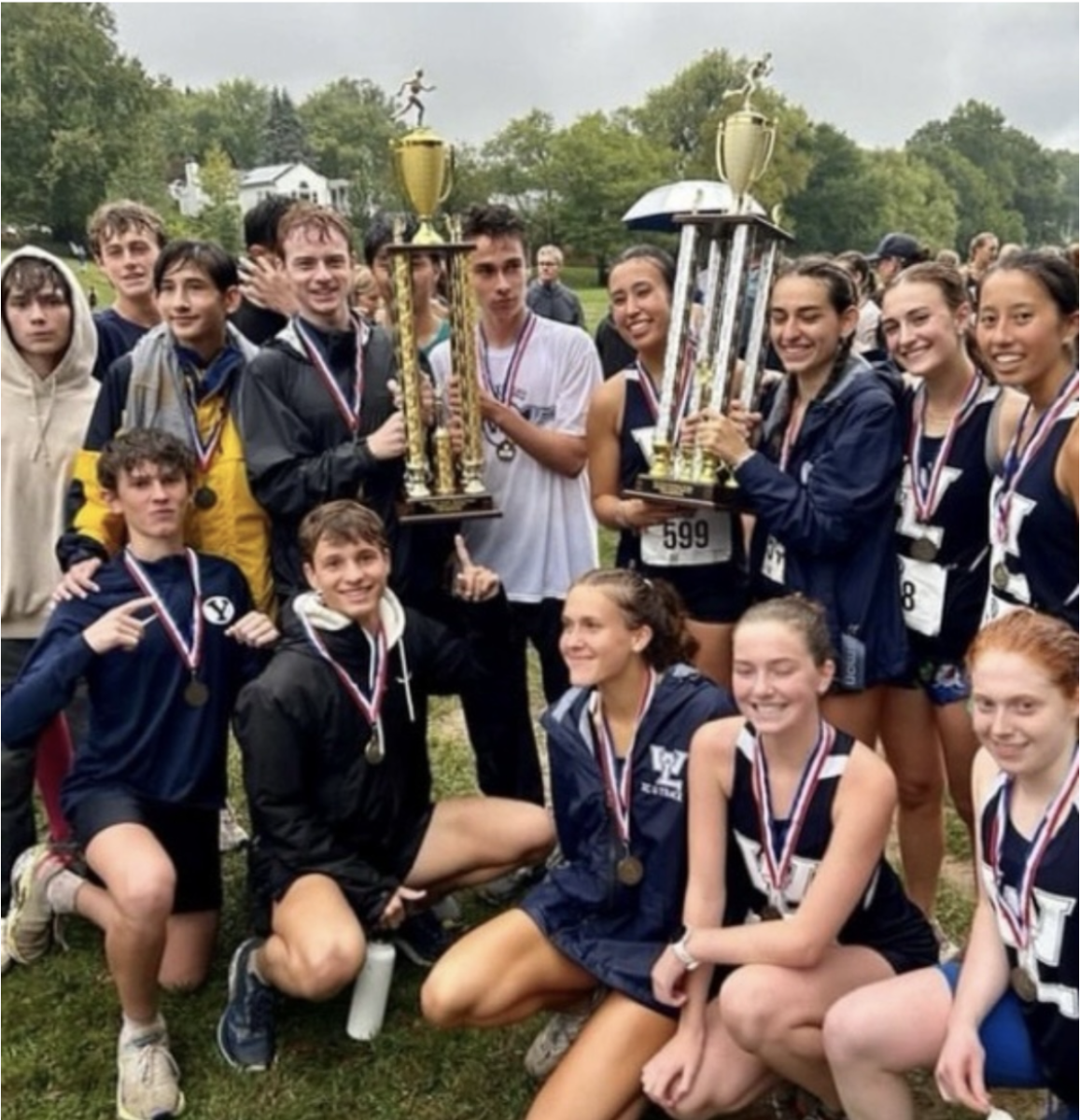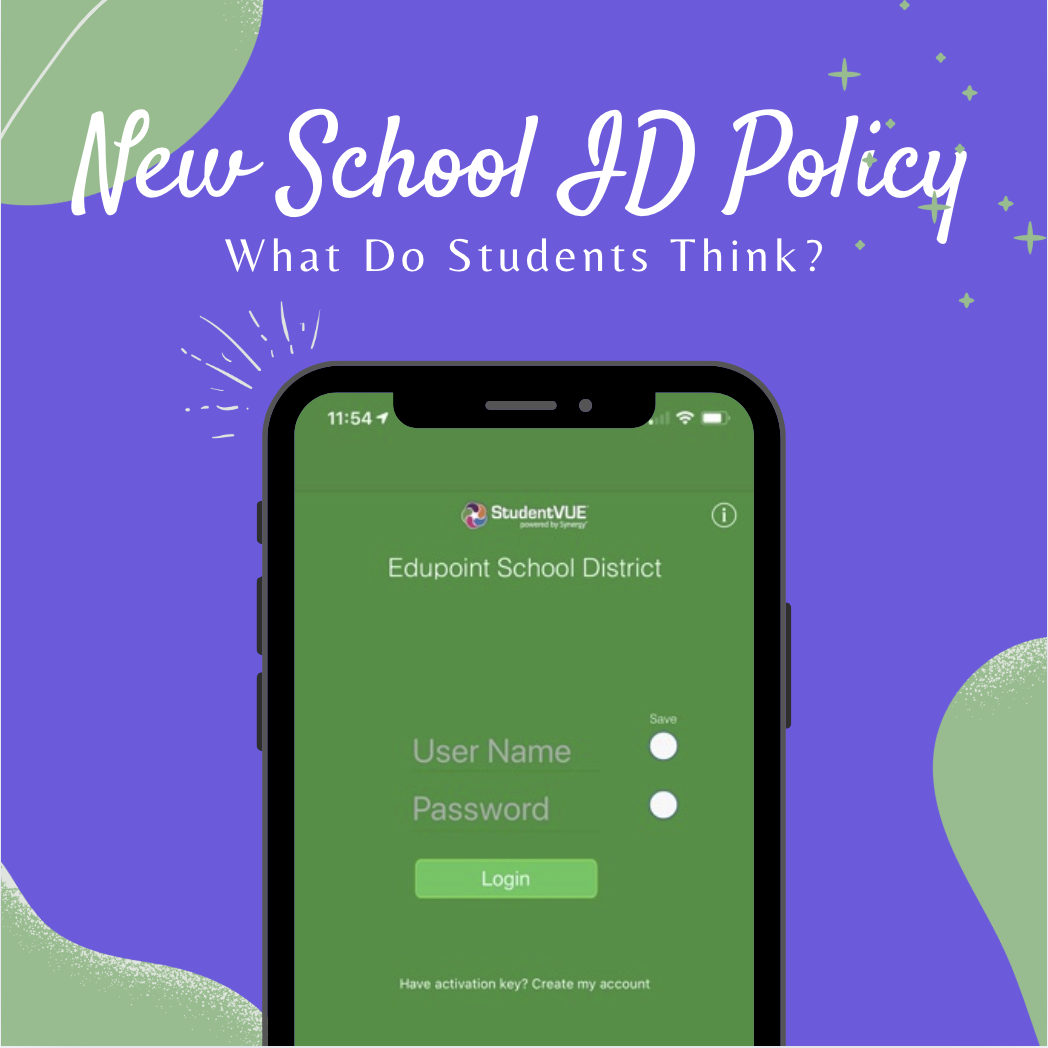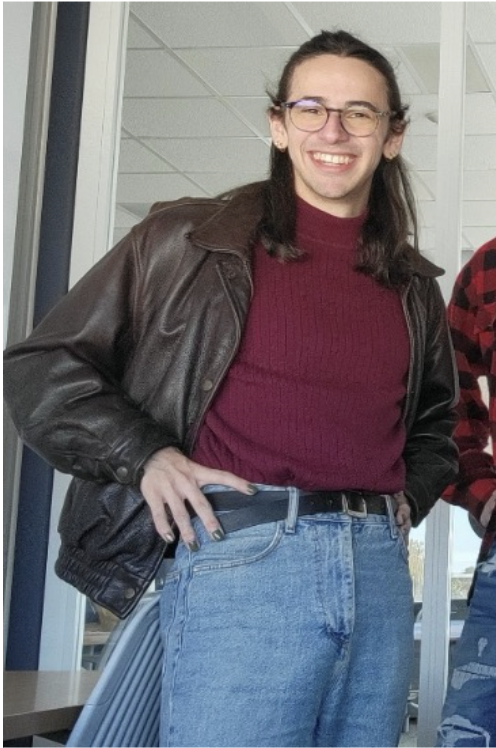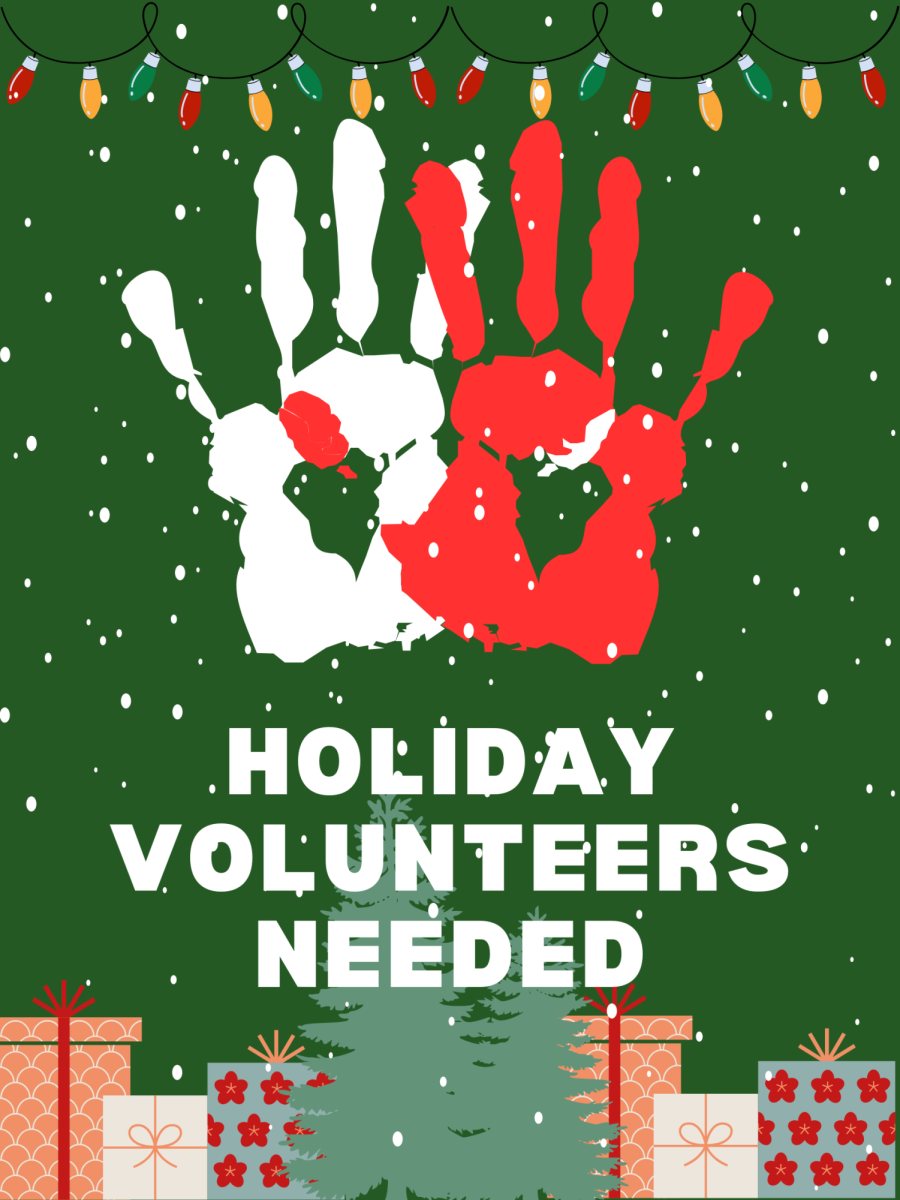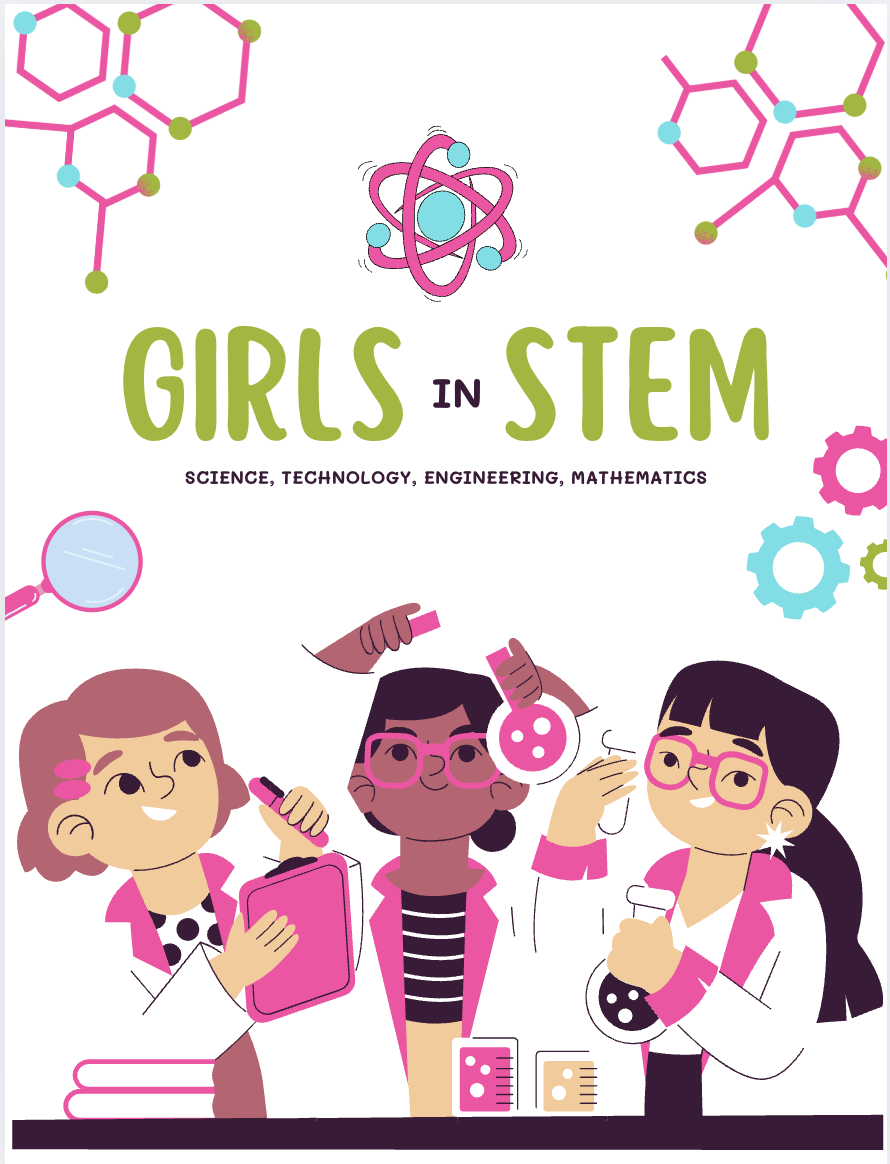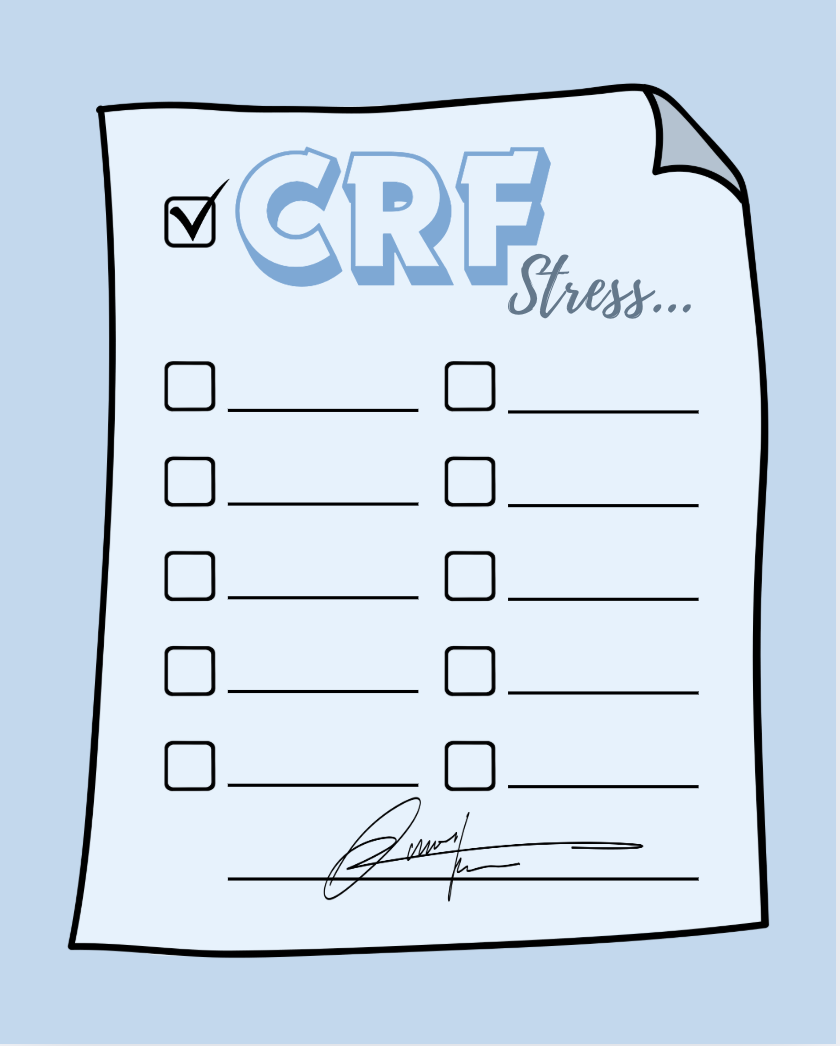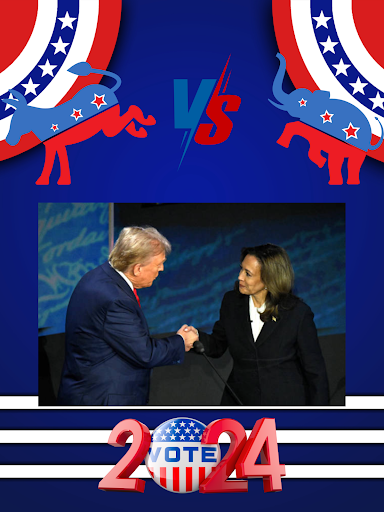The Washington Post published a troubling statistic that quickly became the focus of a national debate: if you read more than two books, you are in the top half of American adults.
The librarians here at the school think that libraries are essential in keeping literary tradition alive.
“Libraries are important because it’s a place where you don’t have to pay for anything,” Teacher Librarian Ms. Debbie Germosen said. “You don’t need money. It has resources that are good for the community.”
Libraries are a famous example of a third space. A third space is a social environment that is not the home (the “first place”) or the workplace (the “second place”). Third places can be significant; recently, they have become exceedingly scarce. Library Assistant Ms. Patricia Loverich thinks libraries are necessary because of this. She comes from a unique background, as she used to work at a public library before working in school libraries.
“[The biggest difference between school libraries and public libraries is] your clientele [because they are high schoolers],” Ms. Loverich said. “I mean, the public libraries are for everyone from babies to the oldest people. I actually honestly love working in a public library because people didn’t really have to go there. They went there because they wanted to go there.”
On the other hand, the school library plays an important role for students and provides free books to students. It can be a quiet place for students to do work.
“This is the only place students can print, and students have to get on the desktop and find their Google Drive or Canvas wherever their document is,” Ms. Germosen said.
The library is not only a place where you can sit and read. They also have chess sets, tic tac toe, and artistic supplies.
“We are a space for everybody whether or not you see yourself as a reader,” Teacher Librarian Ms. Katie Yu said. “We are just a safe, welcoming place for you to come. Yes, we have books, and we would love for you to check out books, but we also have the makerspace activities and the puzzles.”
All the librarians decided they wanted to be a librarian in different ways.
“I call myself an accidental librarian, really, because I kind of stumbled into it,” Ms. Loverich said. “My husband said you should go to library school…so I ended up working with teens a lot and kids and it’s been amazing. It’s been wonderful. A lot of what I love about it is that whatever you do, you can bring it to your job.”
Before becoming a librarian and working in Youth Services, she studied Chinese, geography, and anthropology. She decided against pursuing a career with her Chinese major and went to library school to get a master’s degree. She had a professor in library school that further cemented her career choice.
“I had this amazing teacher, Dr. Carlota Bracy, in library school,” Ms. Loverich said. “This was in the ‘90s and we had a class called Ethnic Materials for Children and Young Adults. And we looked at children’s books from a perspective like that which was really different and eye opening. There were a handful of black folks in the class in Lumbee Carolina and white women. So we had a lot of interesting discussions around ethnicity and race and how it’s portrayed in books back in the ‘90s.”
Now, Ms. Loverich works part-time at the school library. One of her major hobbies is baking bread.
“I retired from the public library, Central Library, and I thought I was going to open my own little baking business because that’s what I was passionate about, just as a little side business,” Ms. Loverich said. “And I saw there was an opening here and I applied for it and it’s just perfect. I’m home for lunch. I have the rest of the day [and am] free to pursue my other things. And so it’s a perfect gig for me at this point.”
Ms. Loverich pursued her undergraduate degree after dropping out years earlier.
“So I did not get my undergraduate degree until I was well into my 30s, and then I went on to library school and started library school at University of North Carolina Chapel Hill,” Ms. Loverich said. “Then, I got a master’s degree [at the University of North Carolina Chapel Hill] for a year or two. Then, I went back and finished my master’s [degree] just taking a couple classes a semester, but I went back to a place called North Carolina Central University, which is also in Durham, and it is a historically black school, but they have additional programs for librarians and lawyers and counselors. So I was in the library program there. And interestingly, because it’s a historically black school, I got a minority presence grant every semester that I was there for being white.”
Ms. Germosen, however, started at the school with a different job title.
“I was actually the registrar before I was going to school and getting my masters to become a librarian, and so I’ve been here at W-L now since 2010,” Ms. Germosen said. “So I did that job for 10-11 years as a registrar. So, that was my prior job. And then I transitioned up here once I was hired as a librarian.”
There were two librarians at the school, and one of them moved, so there was a musician an opening for Ms. Germosen.
“I was taking my last class,” Ms. Germosen said. “I was about to do my practicum where I go in a student -teacher program. And I applied, and I got the job.”
Ms. Yu, like the other two librarians, did not always know she wanted to be a school librarian.
“When I initially started looking at [jobs] when I was in college, I thought that I really wanted to be in museums or archives, but I really liked interacting with people,” Ms. Yu said. “Being able to interact with students is the best part of this job.”
For Ms. Yu, the school library played an important role in her life when she was younger. She did not have a printer at home, so usually did her homework after school at the public library. Then, she realized she wanted to be a librarian.
“Once I graduated undergrad and I was working in an IT (information technology) department, I started looking at what I really wanted to do,” Ms. Yu said. “I fell in love with the idea of combining my passions, which were technology, information literacy, reading, and information science classes. And so once I really started getting into my library degree, I realized I really liked being in [high] schools.”
People have several misconceptions about librarians. According to the librarians, they do not “shush” students like the movies claim. Libraries, and especially public libraries, are quite noisy now. They do, however, all have one thing that annoys them.
“[Don’t] eat in the library,” Ms. Germosen said. “That’s my only pet peeve. And we have books, and we have to take care of them. And also we have critters in the school, you know what I mean?”
One of the major duties of the librarians is to buy new books. They typically buy about three to four books a week. To decide which books to buy, they examine lists, listen to staff recommendations, and look at student recommendations. Sometimes, they attempt to match books to current topics students are learning about in classes.
“So the guidelines that we have [are that] we aren’t allowed to purchase self-published books,” Ms. Yu said. “If it’s self-published, we aren’t allowed to purchase it. So generally speaking, we are allowed to purchase books that are published by a major publisher and have some sort of review by a major publication.”
The librarians, however, must be careful which books they buy. According to the Washington Post, book bans have been on the rise in recent years.
“There are some states where librarians can be jailed for having certain books in the library,” Ms. Yu said. “I think it’s Florida, I was reading an article yesterday about it that was in the New York Times about how everything now has a permission slip because of the way that the law is written. It’s vague enough that people are afraid of lawsuits and things like that. So they have permission slips to be able to check out books from the library.”
Luckily, in Arlington, they have not had any challenges or banned books.
“It’s interesting and difficult because, as librarians and educators, we want to be able to help our students as best we can. And sometimes that can be tricky when you have some of these policies that have unintended consequences,” Ms. Yu said. “It’s a very difficult time and depending on the state that you live in, it can be very difficult as a librarian right now, especially just to feel safe in the decisions that you’re making.”
Ms. Loverich also opposes banned books and wears several shirts with slogans that advocate for the freedom to read all books.
“I have another shirt that says ‘free societies read freely’, and I think that that is true,” Ms. Loverich said. “I studied Chinese for years. I studied Chinese culture. They had an emperor who burned on books. This was back in 200 BC that they’ve been doing this because people fear an educated population.”
For Banned Books Week, the school library displayed popular banned books. They also partnered with the Central Library to bring Art Spiegelman, author of the popular graphic novel Maus, to the school. The school library also hosts several other events. The Generals All About Books (GAAB) club meets at the library, and the library plays music in honor of Hispanic Heritage Month.
“We did the two-sentence horror story contest,” Ms. Yu said. “We’re going to do the two-sentence love story contest soon.”
In addition, there are new plans for an art display in the library.
“We’re gonna have a tiny art showcase that’s not going to be a contest,” Ms. Germosen said. “We’re just going to have whoever wants to paint. It’s going to be a two by two canvas, and we’ll provide the students with the supplies, and we’re going to have a little display up here.”
However, the big plans for the future involve a complete rearrangement of the books.
“One of our big plans is we’re going to be doing some changes to where things are towards the end of the year, and some things will be shifting,” Ms. Yu said. “We’re trying to make some of the books a little bit more accessible, so we’re going to be rearranging the books. So instead of the Fiction section being A through Z, it’ll be in sections like Realistic Fantasy [and] Sci Fi.”
Overall, however, the one thing the librarians love the most is giving a good book recommendation. Some books they recommend are “Chaos Theory” by Nic Stone, “The Nightingale” by Kristin Hanna, and “The Seven Husbands of Evelyn Hugo” by Taylor Jenkins Reid. The librarians cannot read while they do their job, but some of them read around 100 books a year. They think the library is really underutilized by students. The pass system has changed a lot recently. If you want to visit the library now, you must visit the library in a period before the Generals Period (GP), and ask for a pass.
“One of my favorite quotes is Michael Moore, and it says, ‘don’t mess with librarians.’” Ms. Loverich said. [He says they’re the] masters of information around the universe. I think people don’t realize our skill set. I really think they don’t. We might not know everything, which of course we don’t, but we know where to find a lot of stuff. So it’s a superpower.”


